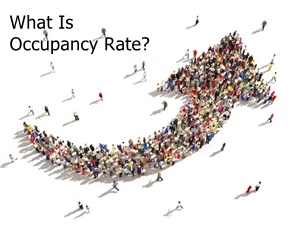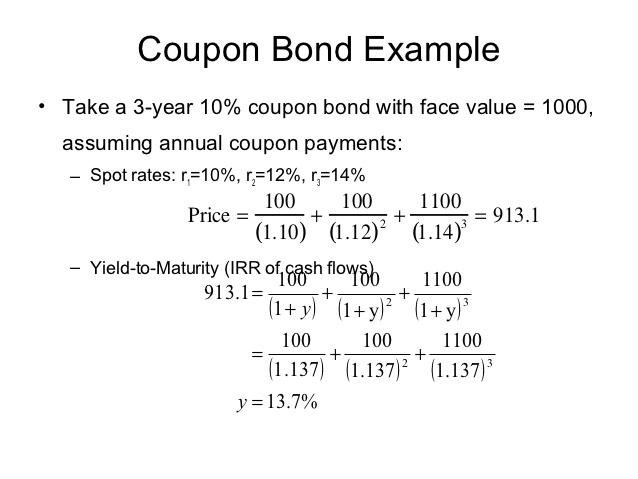
Table of Contents
What is the Occupancy Rate?
The Occupancy Rate is referred to as the ratio of used or rented space to the total amount of accessible space. Basically, analysts use this rate while discussing rental units, hotels, bed-and-breakfasts, hospitals, senior housing and other categories.

As far as a Call centre is concerned, the occupancy rate is regarded as the amount of time that agents spend on calls in comparison to the total working hours.
To understand more about the occupancy rate let's look at an example, suppose, the occupancy rates of hospital beds and nursing homes could be essential in assessing the trends in the growth of the Facility. To prevent overcrowding, these facilities regulate the occupancy rates. Often, they track this rate for certain departments to evaluate demand and growth. Even organizations and governments use the aggregate numbers on the hospital occupancy levels to make better plans in association with public health initiatives.
Talk to our investment specialist
Occupancy Rates in Real Estate
For Real Estate investors, occupancy rates are important as they offer a signal of expected cash flow. If an investor who is dealing with commercial real estate, is looking to buy a shopping centre, he wouldn’t be interested in something that just has a 25% occupancy rate. This means that the tenants will only rent 25% of the restaurant and storefronts in the mall.
An investor buying a property with a low occupancy rate will have to spend money and time to find more tenants. Also, he wouldn’t want to risk filling up space while paying property Taxes and maintenance charges. This is the reason why malls, apartment complexes and other properties with low occupancy rates sell for lesser price in comparison to the same properties that have higher occupancy rates. In certain situations, a low occupancy rate signifies that something with the property is not right, such as poor amenities or less developed location.
In another scenario, low occupancy rates could mean that the property is badly managed by the existing owner.
Example of Occupancy Rates
To demonstrate the occupancy rate, let’s assume there is a residential building that has 20 apartments. Out of that, 18 have been rented; thus, the occupancy rate is 90%. Similar to this, if a hotel, with 200 rooms, has guests in 150 of them, the occupancy rate will be 70%.
All efforts have been made to ensure the information provided here is accurate. However, no guarantees are made regarding correctness of data. Please verify with scheme information document before making any investment.











